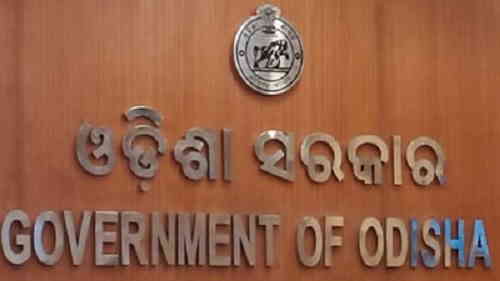
by Avantika Sharma
Odisha:Odisha government to integrate gender equality curriculum into the syllabus for students across state government schools to transform their attitudes, aspirations and behaviour. “Gender equality is very important. We are working on it,” Samir Dash, School Education Minister said.Odisha on Monday announced its partnership with Breakthrough and the Abdul Latif Jameel Poverty Action Lab (J-PAL) South Asia.
The School Education Department has signed a memorandum of understanding (MoU) with the Abdul Latif Jameel Poverty Action Lab (J-Pal), South Asia, and women rights’ organisation Breakthrough in Bhubaneswar. The curriculum uses interactive classroom discussions to encourage adolescent boys and girls to reflect on the culturally-embedded gender norms, roles and discriminatory practices, according to an official release.
The gender equality curriculum to integrate into the social studies syllabus for boys and girls between 6thto 10thgrade in over 18,000 elementary and 5,000 secondary schools by August.
The curriculum was first evaluated by J-PAL South Asia in 314 government schools in Haryana and was found to shift the gender attitudes and behaviours of both boys and girls and lead students to enact more gender-equitable behaviours.The curriculum has since been introduced in multiple states in India, including Punjab where it is currently reaching 600,000 students annually in government schools across the state.
In Odisha, Breakthrough will work with the Department of School and Mass Education to contextualize and fit in the curriculum into the syllabus, train teachers and key departmental personnel, and conduct gender sensitization workshops with principals across 23,000 state-run schools. The program will also leverage the Digital Infrastructure for School Education (DIKSHA), the Government of India's open-access education technology platform, to train teachers, receive feedback from them, and engage parents in the sensitization process as well.
Principal Secretary, School and Mass Education department, Bishnupada Sethi said the addition of gender dimension in the school curriculum will lead students to enact more gender-equitable behaviour. “Despite the gains and progress that India has made in gender equality, several issues continue to remain unaddressed. This involvement is expected to bring about positive changes in the way we look at gender issues and schools are the best place to start the conversations,” he said.
The expected outcomes of the programme include positive gender attitudes and behaviours by both boys and girls, adolescents practising gender equitable behaviours, teachers' involvement to build a gender equitable school, parents valuing their daughters and invest in their education, girls having choices for their education and work participation, retention of girls in schools for more number of years leading to a reduction in girls' drop out, increase in the age of marriage and age of first childbirth, improved sex ratio and increased labour force participation by women.
Click Here for More Latest News
